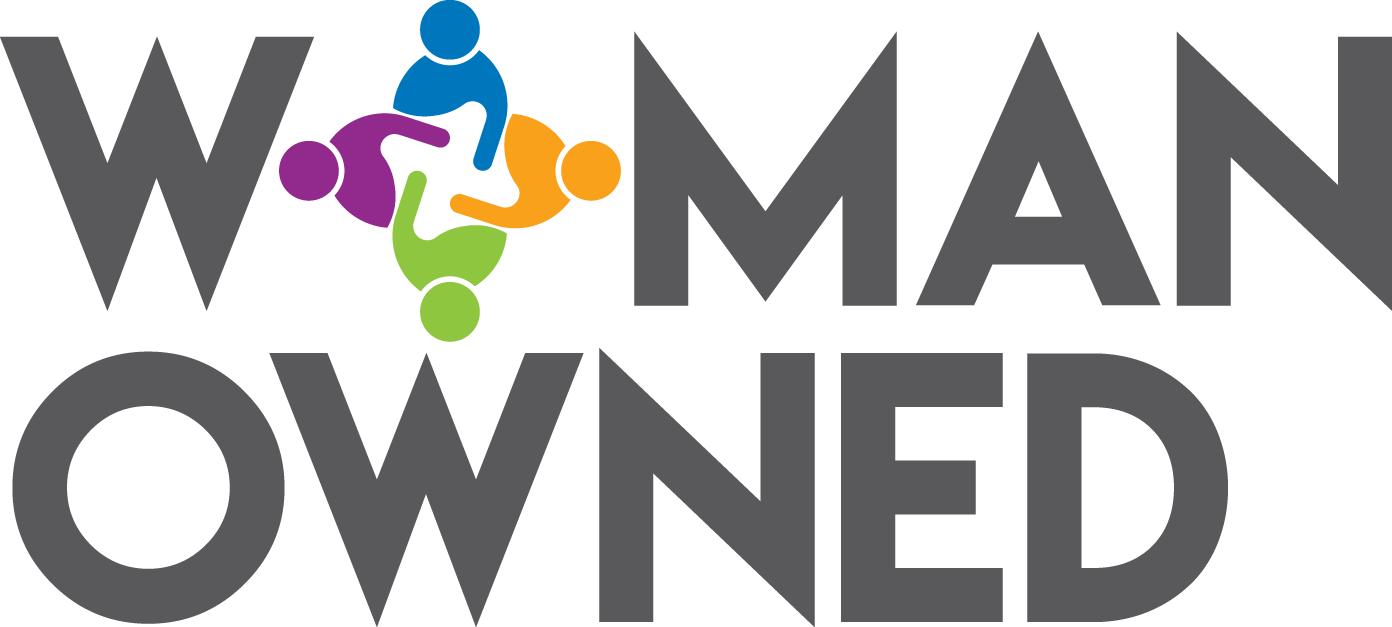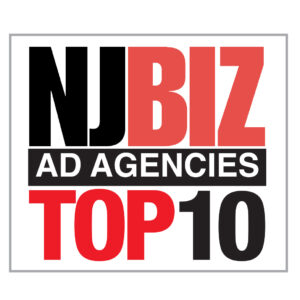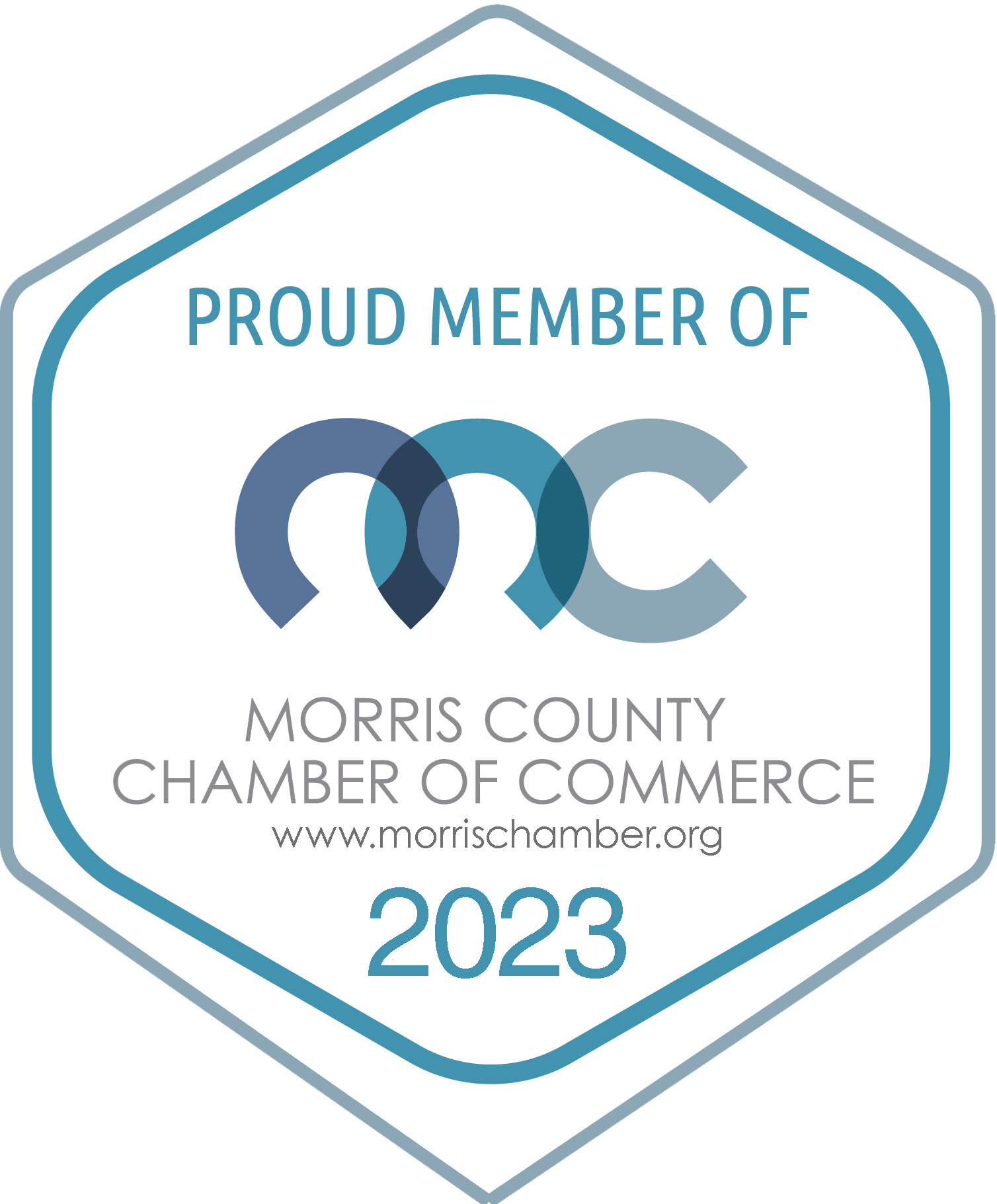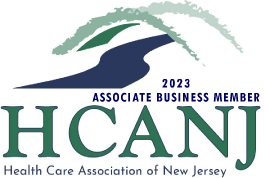
Today, more than ever, there is so much misinformation in the healthcare space, which impacts people’s ability to make informed decisions and receive quality care they need. There is also a lack of understanding when it comes to resources available to individuals with multiple health conditions.
This also affects people in marginalized groups, including the Hispanic, deaf, and LGBT+ communities. In some states, there’s push-back from legislators about providing for these specific communities.
Access to healthcare in one part of the country is not necessarily the same as in another part of the country. As an example, consider these challenges within the deaf community:
- Language Deprivation: Some deaf individuals grow up language-deprived because they’re unable to pick up on the day-to-day conversations taking place around them. They struggle with language acquisition, reading, and writing. In turn, this can eventually lead to health issues.
- Barriers in Healthcare Settings: When meeting with a doctor, deaf individuals are more likely to be misdiagnosed because they may not have access to an ASL interpreter.
How do we address such issues? In part by supporting organizations that provide for individuals and families in need. We also need to advocate for individuals who are struggling to find solutions to day-to-day difficulties.
As communicators, public relations professionals like myself are connectors. We play an important role in establishing and maintaining connections so we can share accurate information, promote these communities, collaborate with others, and act to improve negative situations.
By addressing healthcare inequities and misinformation, public relations can help build a more informed, inclusive and compassionate healthcare environment.






